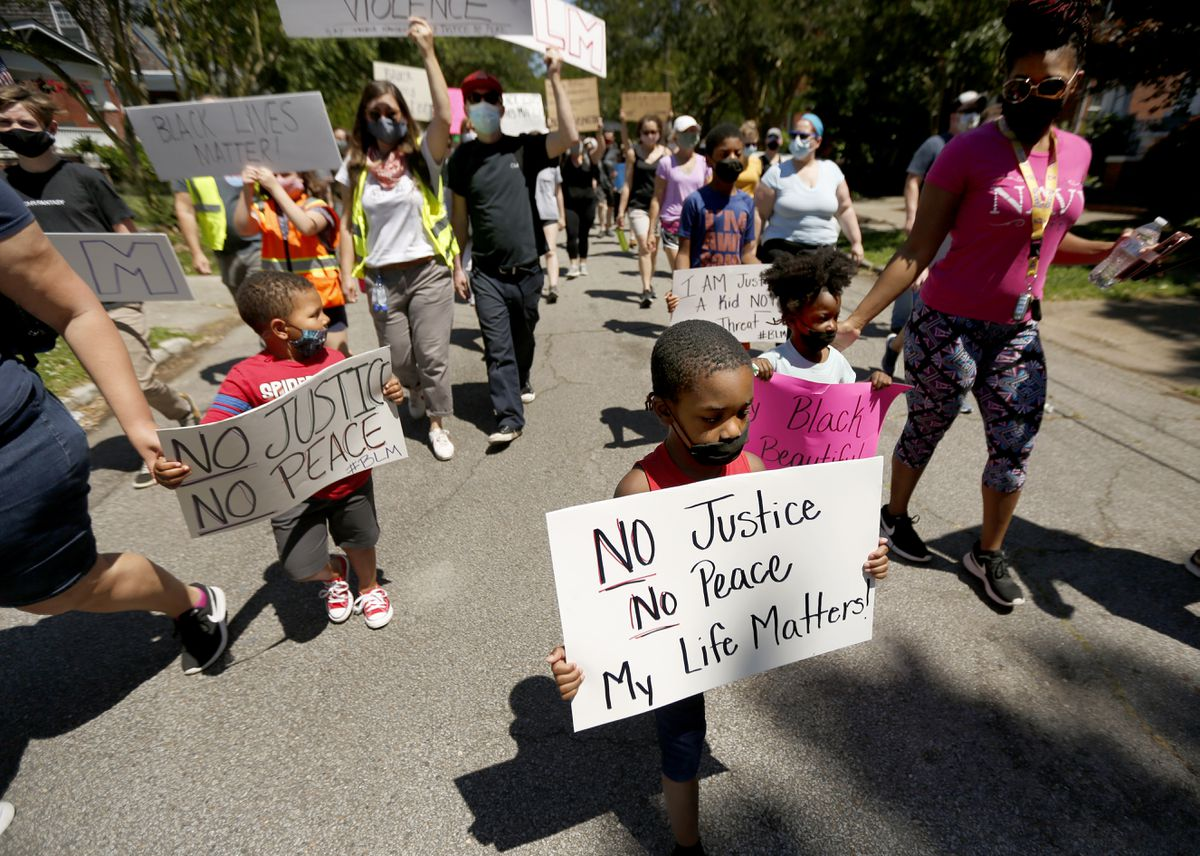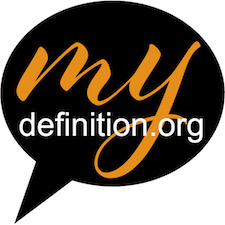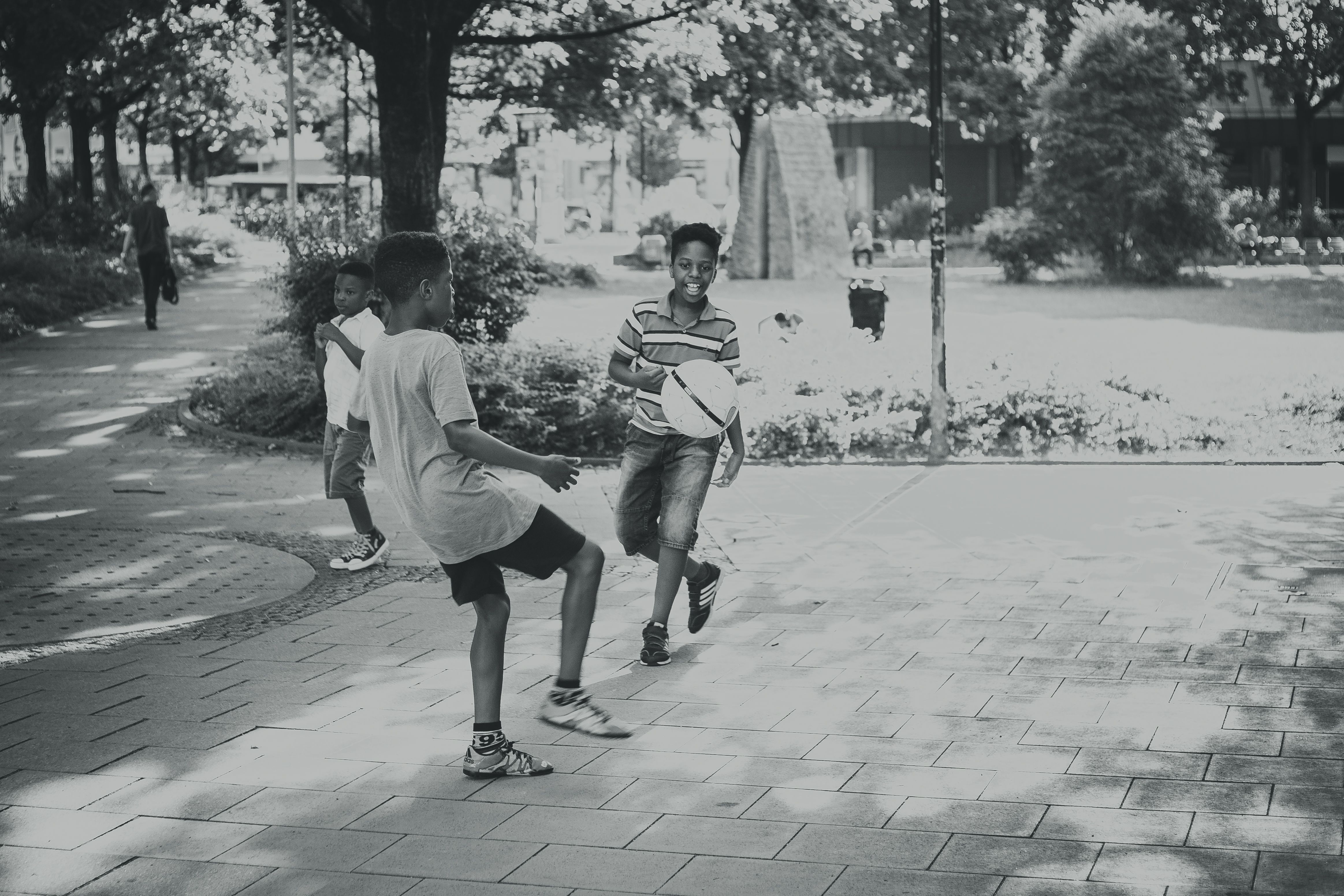
We all find ourselves in tricky or awkward situations with kids sometimes. Whether you’re babysitting, coaching, or tutoring kids, spending time with little siblings or cousins, it can be hard to know what to do when they ask big questions. One of the subjects that kids have questions about, especially right now, is race. This can be a conversation that people find difficult to navigate. What are you supposed to do when your 6 year old cousin asks you why there aren’t any black students at her school? Or if your younger brother reads something racist online, and is confused about what it means?
Unfortunately, there’s no perfect, scripted response for questions like these. It can be really hard to know what to say, especially if you aren’t sure what the child already knows about race, or what their parents have taught them. However, if you feel comfortable enough to have a conversation like this, here is some advice to help you navigate talking to kids about race:
- Understand that when kids ask questions about race, it’s because they are simply curious. They usually don’t hold any prejudice or have much for expectations about your response. In short: they’re not going to argue with you about politics, or know much about current events. So even if you don’t feel like you’re going to give the perfect answer, it doesn’t mean you’re not qualified to talk on this subject. You don’t need to talk about concepts you don’t understand very well or use fancy vocabulary- just do your best!
- Encourage play that encompasses different cultures. For example, my cousin used to love to play “Around the World” where we would pretend to travel to different countries. It was the perfect opportunity to get her excited about different people, environments and cultures by talking about differences in a positive, rather than judgemental, way.
- Know that when kids say something that could be taken as racist, it’s not because they genuinely believe what they are saying, it’s because they probably just heard it somewhere. They are completely open to new ideas and shifts in understandings about things like race. For example, my friend was once babysitting for a kid who was pretending they lived in Africa for a game. The kid told my friend that she didn’t know what to do in the game because there’s “nothing in Africa.” My friend was able to completely change her mental picture of the continent by simply telling her that that was not the case because Africa is huge and full of lots of cities and things to see.
- Help build kids’ confidence in things that they believe make them different. If kids think differences are fun or cool, they’ll be less likely to judge people that aren’t similar to themselves. If you hear a kid say they don’t like their hair because it doesn’t look like their friend’s, complimenting their hair and celebrating differences can mean the world to them and make an impact on how they treat others.
- Be honest. You don’t have to pretend like racism doesn’t exist anymore just because you think it could potentially upset the child. Instead, highlight stories of hope, such as the Black Lives Matter protests or people of color making a difference in the world. Let the child know that they can be a part of making that difference too. That can leave them feeling inspired, rather than overwhelmed.
- Don’t feel pressured to have to have a conversation you don’t feel comfortable having. If a kid asks you a question about race that seems too hard for you to answer or it doesn’t seem like the right time to talk, go ahead and communicate that. Saying something like “maybe we can talk about that a little later” or “I know someone who would know exactly what to tell you about that” and then letting a trusted adult know about the situation, is completely acceptable.







